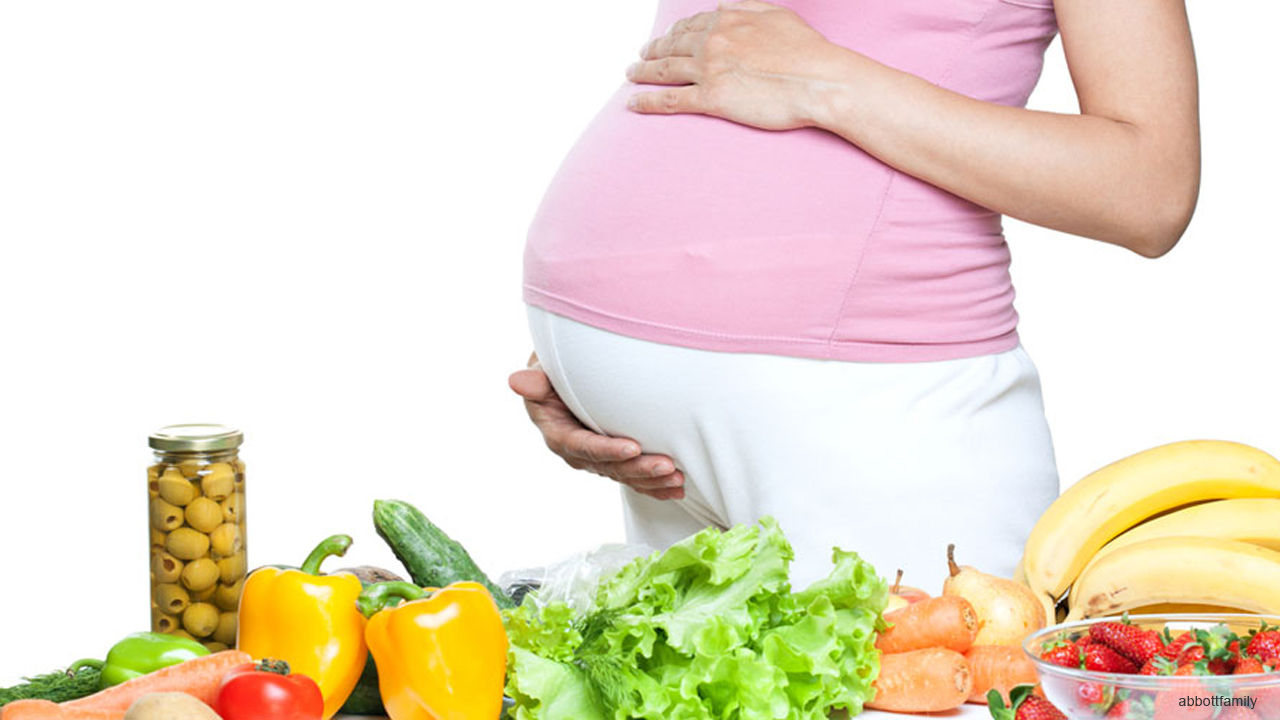Good nutrition is the most essential thing for pregnant women. It is essential to reduce maternal and child mortality. A pregnant woman’s health affects psychological, physical, developmental, behavioral, and work performance. Pregnant women need special care. Iron deficiency due to anemia is still the most common nutritional cause in India.
The prevalence of anemia in India is 60-70%. In India, anemia is the second leading cause of death, accounting for 19% of all maternal deaths. First is malnutrition during pregnancy. Nutrition during pregnancy can be especially important in young mothers who have not yet completed their growth and development. Proper maternal care is essential for healthy intrauterine growth and can affect the baby's birth weight. Inadequate nutrition during pregnancy results in weight loss and low birth weight babies. Weight loss among many expectant mothers indicates malnutrition which is very much high, especially in lower socioeconomic areas.
According to a study, about one-third of children in India have low birth weight, which ranges from 15% in Trivandrum to 46% in Baroda. However, it has also been shown that birth weight has improved as a result of improved health care as well as nutrition during pregnancy.
Dietary requirements of pregnant women
Protein – 70-100 gms per day (increases every trimester). It is essential for ensuring proper growth of the baby’s tissues and organs, including the brain. It is also important for increasing blood supply. Some good sources are nuts, peanut butter, cottage cheese, and beans.
Calcium – 1200 mg. Calcium builds your baby’s bones and development. Some rich sources are milk, cheese, yogurt, and green leafy vegetables.
Iron – 27 mg. It is essential for adequate blood supply. This helps ensure that enough oxygen is supplied to both you and your baby. Do take vitamin C along with iron-rich foods like eggs, poultry, breads, and cereals.
Folate – 600-800 micrograms (mcg). Folate is important for the healthy brain development of your baby. Also known as folic acid. Its sources are eggs, nuts, lentils, beans, dark green leafy vegetables
Physical activity is also a must for pregnant women. Along with a nutrition-packed diet, physical activity helps them to manage their mental health, attain peace and relax. They should avoid intense workouts, and can consult a physician for the same. Choose an activity that you enjoy most. If you are a beginner, start slow, don't overdo it. Slowly increase your pace.
Hydration is also an important thing. Drink adequate water to prevent dehydration. Consult the doctor if you experience any problems.
Healthy eating for pregnant women
- 5 or more servings of fruits and vegetables per day
- Whole grains
- Dairy products
- Foods having essential fats
- Prenatal vitamins
Foods to avoid
- Alcohol
- Half-cooked processed foods
- Raw meats and seafood
- Excessive caffeine
Conclusion – Women play a vital role in child’s nutrition. Women’s nutrition should be given extra consideration for a healthy delivery and good health of mother and baby. This will reduce malnutrition and mortality among women and also low birth weight babies.

 Proper maternal care is essential for healthy intrauterine growth and can affect the baby's birth weight. Inadequate nutrition during pregnancy results in weight loss and low birth weight babies. Let’s take a look at the nutritional requirements of pregnant women and their adequate sources thereby promoting the healthy delivery of baby and mother.
Proper maternal care is essential for healthy intrauterine growth and can affect the baby's birth weight. Inadequate nutrition during pregnancy results in weight loss and low birth weight babies. Let’s take a look at the nutritional requirements of pregnant women and their adequate sources thereby promoting the healthy delivery of baby and mother.






.jpeg)
.jpeg)
.jpeg)
.jpeg)
.jpeg)
.jpeg)
.jpeg)
.jpeg)






.jpeg)

.jpeg)
.jpeg)







.jpg)

